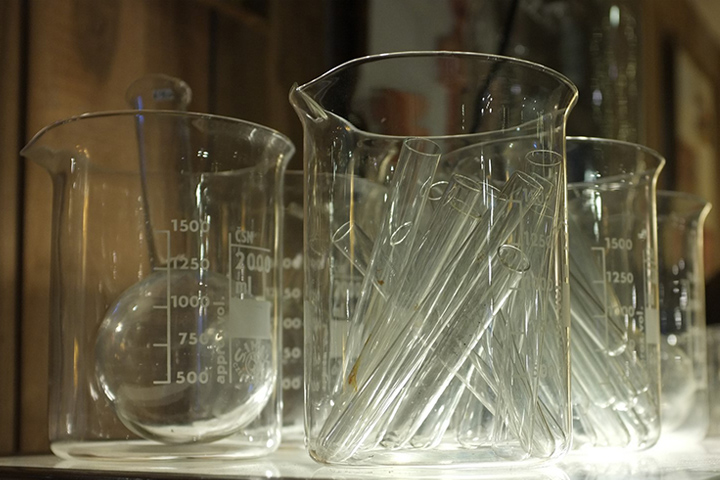Tough Tortoise of a Drug Beating Metastatic Pancreatic Cancer

Slow and steady wins the race—at least that’s the thinking behind a new drug being tested by Rexahn Pharmaceuticals in a clinical trial.
RX-3117, as it is currently called, is similar in many ways to one of the mainstays of pancreatic cancer treatment, the infused chemotherapy drug gemcitabine. But RX-3117 is administered orally in a more concentrated form that takes longer to break down. It delivers a more powerful, sustained dose that may be more effective for many patients—including those who have stopped responding to gemcitabine. And, despite its strength, RX-3117 has been well-tolerated by patients enrolled in early clinical trials because it is more targeted.
From Foe to Friend
RX-3117 actually uses cancer cells in order to do its dirty work. Many cancer cells overexpress the protein UCK2—and this is exactly the protein that RX-3117 needs to become activated. “The cancer cell makes the enzyme that activates the chemotherapy,” says Allyson Ocean, M.D., an oncologist at Weill Cornell Medicine in New York City, one of several sites that have hosted clinical trials of the drug.
Once activated, the drug is incorporated into the RNA, and then DNA, of the cancer cell, where it inhibits further DNA synthesis and induces cell death (apoptosis). “The hope is that this will lead to better efficacy and better safety, with less harmful side effects, because it is more targeted,” Ocean notes.
Early Encouragement in a Clinical Trial
Initial trial results have borne this out. When tested as a monotherapy on 43 relapsed or refractory patients who had received prior treatments with other drugs, 31 percent of patients had an increase in progression-free survival for two months or more and 12 percent (five patients) had disease stabilization for greater than four months, according to results presented in a poster at the ASCO GI 2018 annual meeting. One patient who had had three prior treatments for metastatic pancreatic cancer (including gemcitabine) had a partial response (greater than 30 percent reduction in total tumor volume).
“Patients with metastatic pancreatic cancer, who have already developed resistance to gemcitabine and other anticancer treatments, are difficult to treat,” says Vincent Chung, M.D., F.A.C.P., Associate Clinical Professor at City of Hope Comprehensive Cancer Center in California. “Usually they receive supportive and palliative care only. In a heavily pretreated population, we saw both tumor reduction and prolonged stable disease in a meaningful proportion of patients, which is encouraging.”
“It is especially exciting to see evidence of efficacy in patients whose tumors had developed resistance to multiple prior therapies including gemcitabine,” adds Rexahn’s Chief Medical Officer, Ely Benaim, M.D.
First Line of Attack
Rexahn is now testing the drug in combination with Abraxane (nab-paclitaxel) as a first-line treatment for metastatic pancreatic cancer patients who have had no prior chemotherapies. “This represents the largest segment of the pancreatic cancer patient population and the patients who are likely to benefit most from RX-3117,” Benaim says. The combination of gemcitabine and Abraxane has proven too toxic for many patients to sustain, but the lower toxicity profile of RX-3117 may enable them to tolerate a higher dose for longer, he adds.
The two-stage study is currently active at several sites in eight states. The first stage was designed to determine the optimum dose of RX-3117 and Abraxane on 10 patients. An adequate number of responders were observed, so an additional 40 patients will now be enrolled to test the efficacy of that dose—once-daily oral administration of 700 mg RX-3117 five times per week, plus once-weekly Abraxane at 125 mg/m2 IV, given on a three weeks on/one week off schedule—in the second stage.





